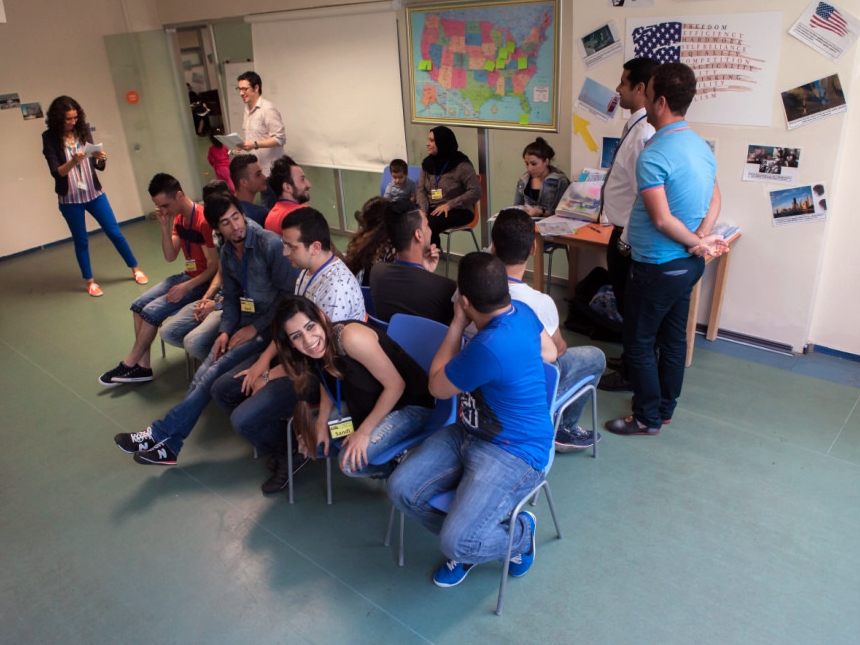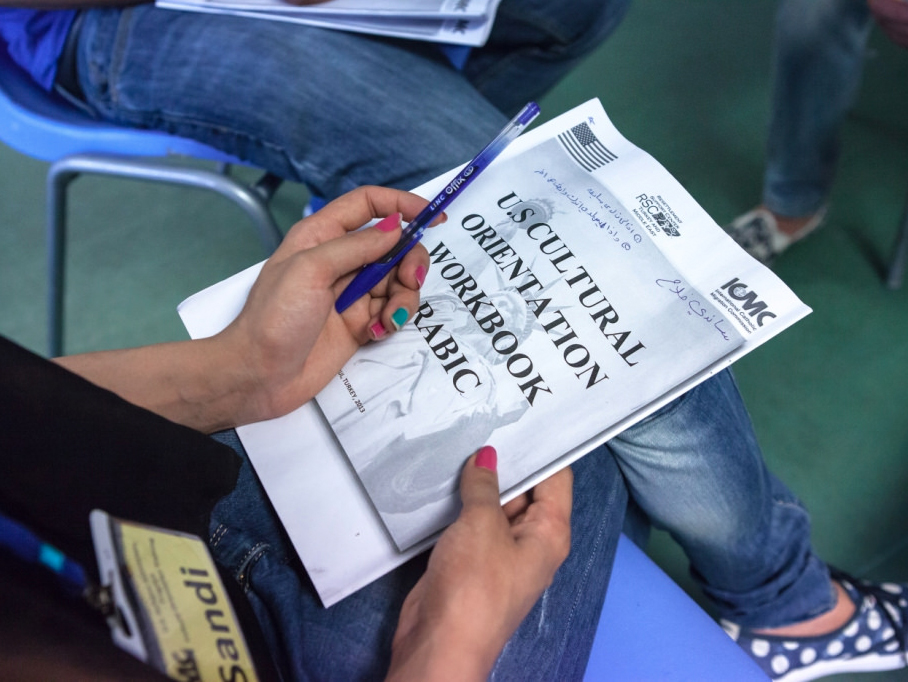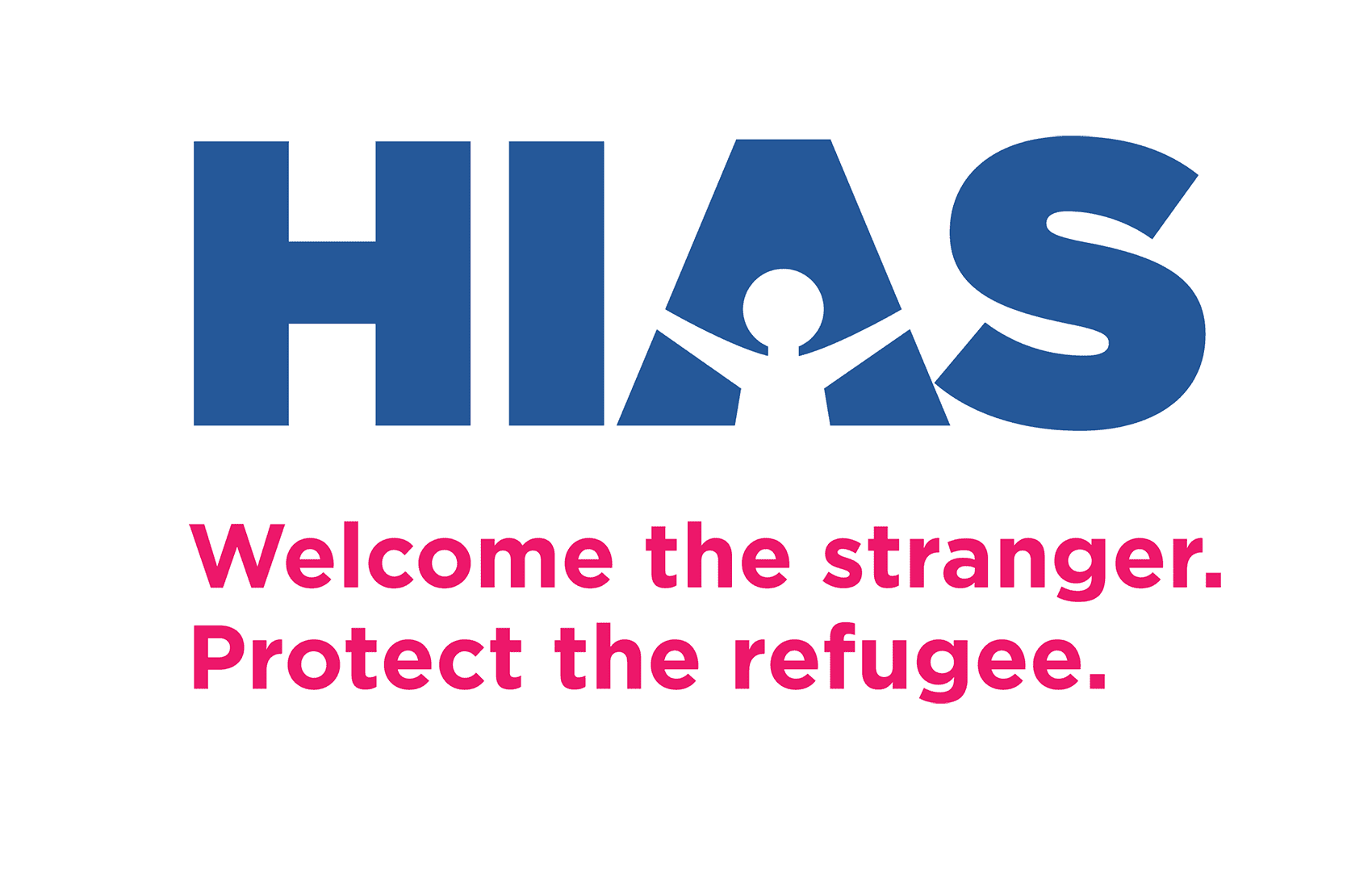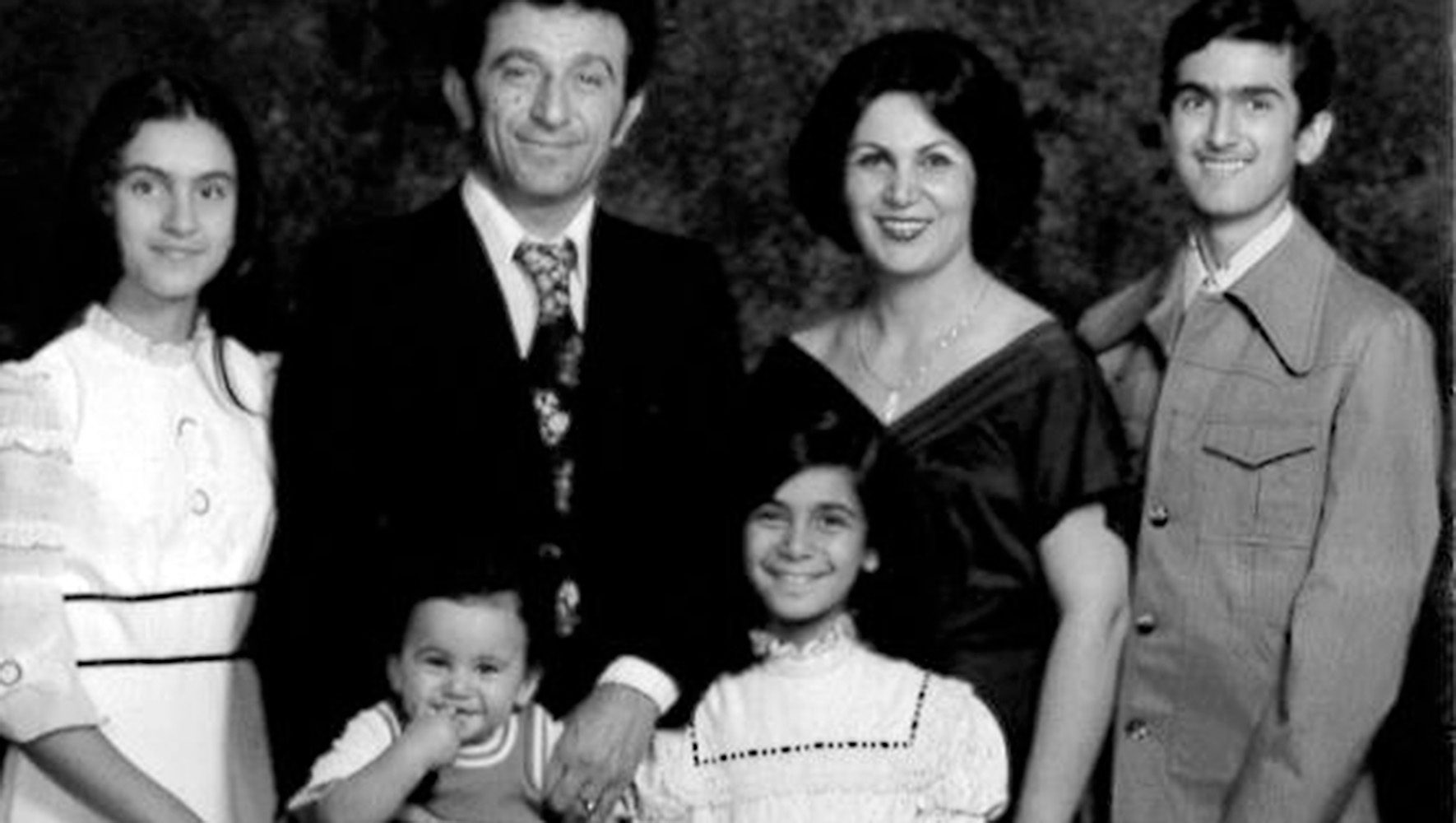Countdown to Resettlement: Iranian Refugees Prepare for Life in the US
By Katy Tenerowicz, HIAS.org
Jul 06, 2016
Tucked among modern office buildings in a neat, leafy neighborhood of Istanbul, the Resettlement Support Center run by the International Catholic Migration Commission is unassuming. It differs from the surrounding office parks only in its clientele; instead of sharp-dressed young professionals, the building’s secure entrance is surrounded by elderly and disabled Syrians, many in wheelchairs, small children running among them.
Inside, a group of Iranian refugees, who are set to depart for the United States in the coming weeks, is beginning a mandatory cultural orientation session, intended to help prepare them for life in the U.S. They have come here on buses from camps in Eastern Turkey and the satellite cities where the Turkish government allows them to live temporarily, but not to work. This day, the second in a three-day session, is devoted to learning about resettlement agencies like HIAS and what their role will be in the refugees’ new lives.
When I walk into the session, the group is in the middle of a game called “Fruit Salad”. It is one I know well from my time as an elementary school teacher. Each student chooses one of three fruits: apple, banana, or orange. When their fruit is called, the students must stand up and run to a new seat. The last person standing must answer a question. As I enter, a lanky young man in his early twenties is being asked to name three things the resettlement agency will do for him.
“They will find me an apartment, they will sign my brothers up for school, and they will…” he paused. “They will give me winter clothes.”
“New clothes?” the Turkish instructor asks.
“No, the clothes will probably be… secondhand,” the young man replies in perfect English. Then he grins mischievously, “Fruit salad!”
All of the participants, young and old, jump up and rush to find seats. One young woman, who is not trying particularly hard to find a chair, feigns disappointment at having to answer the next question. The instructor asks her in Farsi and English to name three things the resettlement agency will not do.
“The resettlement agency won’t just give me a job, I have to participate in the job search. They won’t give me a car. And they won’t give me an iPhone,” she replies.
This last line gets a laugh. Although the clear goal of this session is to manage expectations, the mood remains light. The participants are just weeks away from leaving this transitional life and starting anew in a country where they will be legal residents, eligible to work and, most importantly, safe from violence and persecution.
While I didn’t expect the fruit salad game to be an integral part of how these families prepare for new lives in America, it seems to be effective. In the midst of a lighthearted game, they become comfortable asking questions, soliciting advice and generally becoming active participants in the process that will determine the next phase of their lives.
The 22 men, women and children in this room are aware of the numerous challenges ahead—learning English, becoming self-sufficient in a new country, acclimating to an unfamiliar culture—and yet they struck me as remarkably hopeful. Unlike the overwhelming majority of refugees around the world, this group will have the opportunity to rebuild their lives in the United States, to start anew, in safety and freedom. iPhones or no iPhones, they will have the chance to start anew, in safety and freedom.




